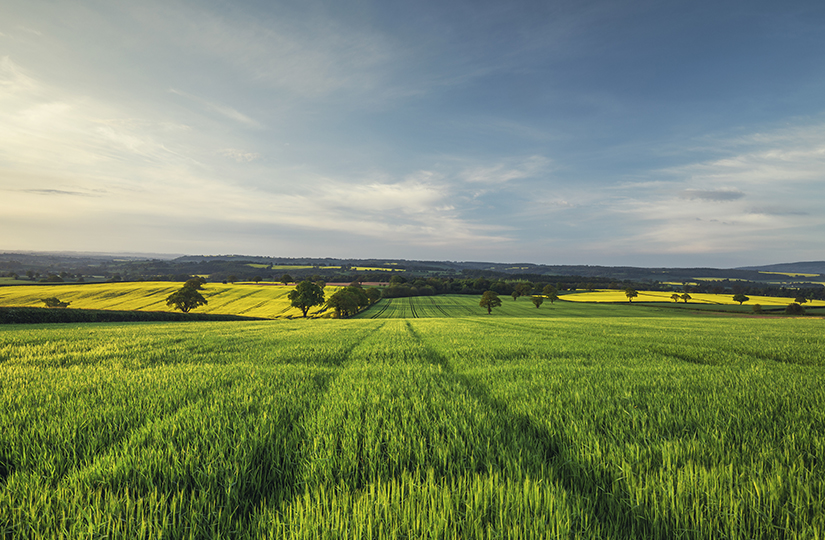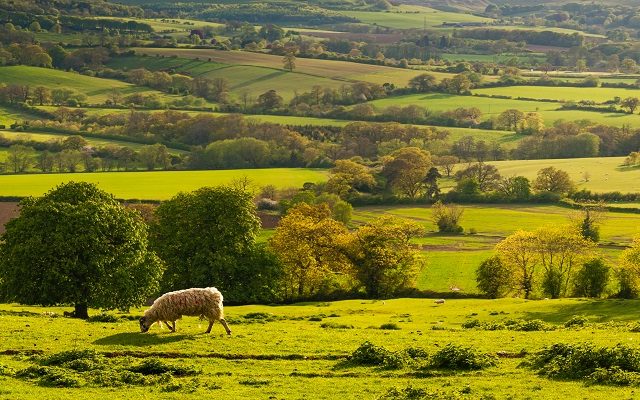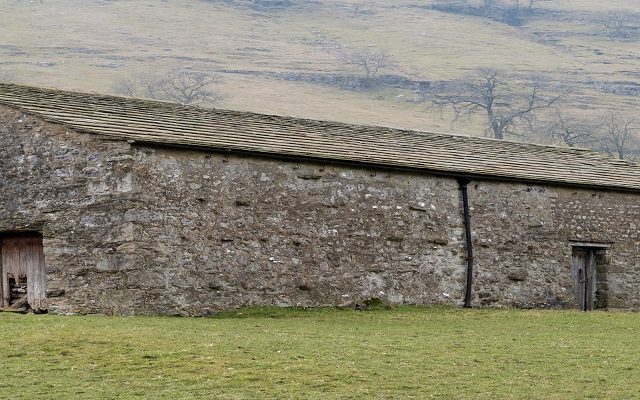The Agriculture Bill in ten points | February 2020
What was in the previous Agriculture Bill and in this one?
1. Direct payments, also known as Basic Payments, will be phased out to zero from 2021 to 2028, during the ‘agricultural transition period’.
2. Farm support will pay land managers for providing public goods, mainly through the new Environmental Land Management System. The public goods are:
- clean air;
- clean and plentiful water;
- thriving plants and wildlife;
- reduced risk from flooding and drought;
- more sustainable use of resources;
- enhanced beauty, heritage and engagement with the natural environment.
3. It does not include a commitment to avoiding imports of food produced to lower standards of food safety, animal welfare or environmental sustainability than farmers in the UK will have to follow. 60 organisations have written to the government calling for a legal assurance.
4. The ability to intervene in markets in exceptional circumstances.
5. A proposal to reform tenancy legislation so that it is easier for tenants to join schemes like ELMS and invest in their holdings to meet regulatory requirements. The Central Association of Agricultural Valuers (CAAV) has said that, ‘letting land out to the right people should be a key part of the changes … under the Agriculture Bill’. We agree and want to help shape the modernisation of tenancies.
What is new?
6. Support for farming will be maintained at the current level – about £3bn a year – for the duration of the current parliament. This is positive as there were fears that it would be significantly cut.
7. Support for farming will be set for a number of years, like the CAP is. Again, this is positive as it provides more certainty for the sector.
8. The government will report to parliament on food security every five years and adapt its policies if necessary.
9. Soil is now listed in the Bill as ‘an essential natural asset’, with recognition that ‘its careful management can help to provide a whole range of public goods’. The Soil Association says that the government has, for the first time, committed to providing financial support to farmers for protecting or improving soil quality; this could be through supporting soil monitoring programmes and soil health research. The Association also warned that the previous commitment for all soils to be sustainably managed by 2030 is now 10 years old, and there has been little focused ambition or strategy to achieve it.
10. The Bill says that the government must ‘give regard to the need to encourage the production of food by producers in England’ in developing new schemes. This is new but it is not clear how material it is and its weight compared with other commitments.






